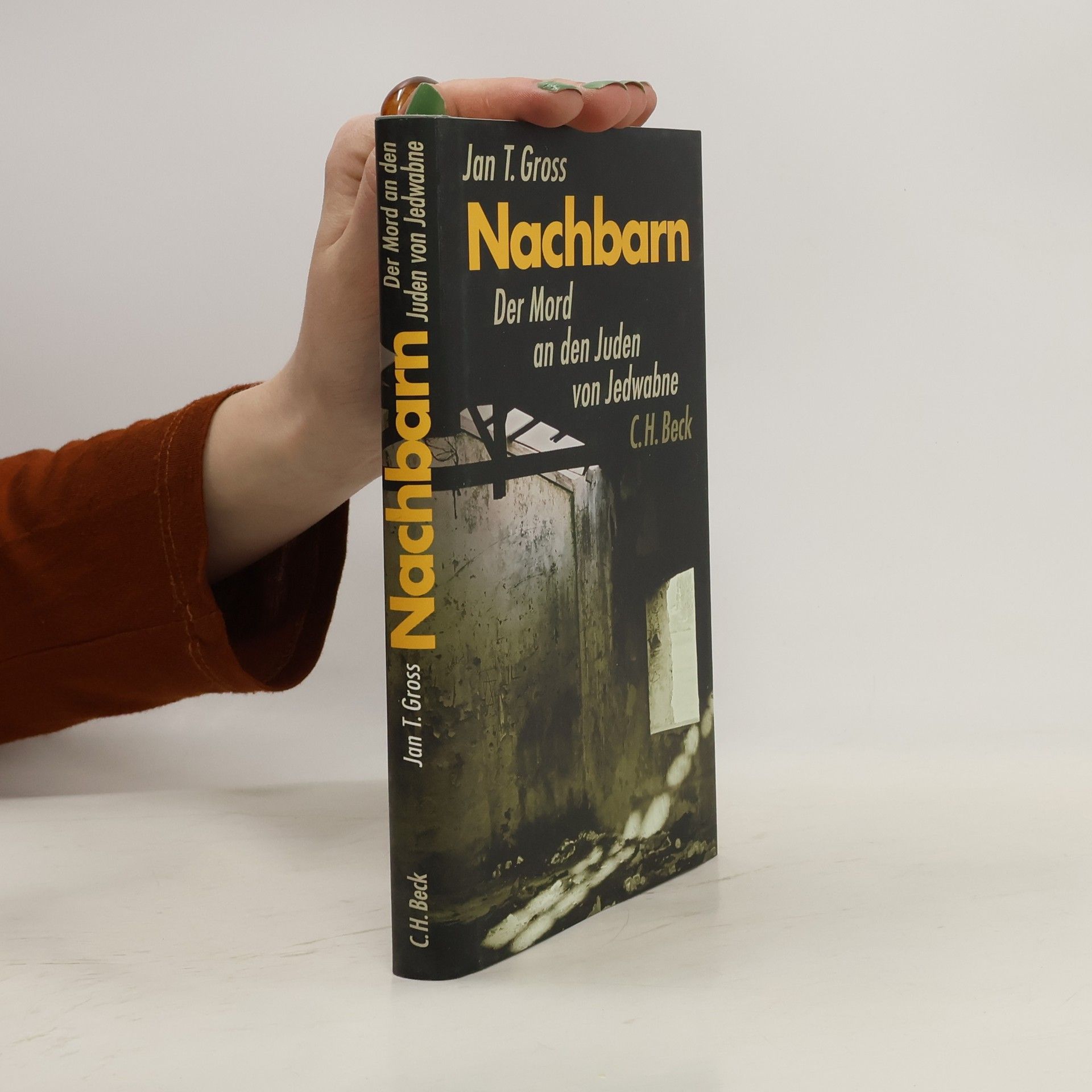Neighbours
- 272pages
- 10 heures de lecture
One summer day in 1941, half of the Polish town of Jedwabne murdered the other half - 1,600 men, women, and children - all but seven of the town's Jews. Neighbours tells their story. Jan Gross pieces together eyewitness accounts and other evidence into an engulfing reconstruction of the horrific July day remembered well by locals but forgotten by history. The unfolding of his investigation yields wider truths about the Holocaust, and human responses to occupation and totalitarianism. The newly occupying German army did not compel the massacre, and Jedwabne's Jews and Christians had previously enjoyed cordial relations. After the war, the nearby family who saved Jedwabne's surviving Jews was derided and driven from the area. The single Jew offered mercy by the town declined it. Most arresting is the sinking realization that Jedwabne's Jews were clubbed, drowned, gutted and burned not by faceless Nazis, but by people whose features and names they knew well: their former schoolmates and those who sold them food, bought their milk, and chatted with them in the street. As much as such a question can ever be answered, Neighbours tells us why.






